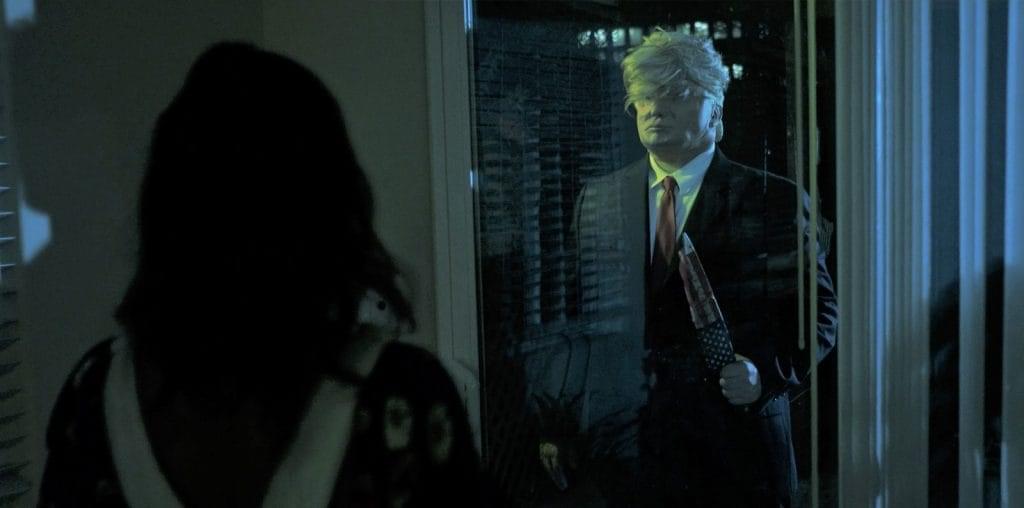
Sometimes, in the course of writing about a movie I liked, I come to find that my first impression might have been hasty. Ostensibly, “Lola Versus” follows the long-overdue trend of Rom Com re-invention pioneered by “Bridesmaids” and HBO’s “Girls.” But I’m beginning to wonder if the movie only works so well because of Greta Gerwig in the titular role. The moment that planted this seed of doubt in my brain occurred when, at the post-screening Q&A, scribes Daryl Wein and Zoe Lister-Jones identified the city of New York as “a character in the film.” (Note to people who make films in New York: We get it. You love your city. Now please shut up about it.) If the writers would say something so pretentious and cliché about their film, perhaps it’s not really as groundbreaking as it seems. Nonetheless, Gerwig’s congeniality and omnipresence are clearly enough to distract from the film’s problems.
Lola is a 29-year-old post-doc student who is bursting with contentment in her New York loft that she shares with Luke, her handsome artist fiancé. But when Luke abruptly calls off the wedding, Lola finds her once-perfect world in upheaval. As a result, she finds herself at odds with the world as she descends into a shame spiral of binge eating, extreme cleansing and sexual rebounding. Much of Lola’s floundering would be tedious in the hands of a conventional actress (like a Heigl or a J-Lo). I don’t know how versatile Gerwig is, but she’s damned good at playing affably troubled women.
There are many “versus” with whom Lola is contending. But the appalling double standard regarding oat sewing is one of the big ones. After two of her paramours run into each other, Lola is blindsided by admonition. “I’m slutty, but I’m a good person,” she protests. Even in these sexually liberal modern timey times, nice women are not supposed to have meaningless sex. If a man doesn’t say, “let’s be exclusive,” he’s not her boyfriend and is therefore free to have his cake and eat hers too (cake being a metaphor for lady junk). But if a woman has sex with a man once, they are dating unless he explicitly says they aren’t.
There are other genuinely astute observations in “Lola Versus.” Many involve affectionate ridicule of hipster culture (Lola binges on rice chips. A man at the butcher shop asks in-depth questions about the origins of their meat). Lola’s scenes with the embodiment of nightmare dates (played to the hilt by Ebon Moss-Bachrach) will be cringingly familiar for much of the female audience. These elements make it seem miles apart from the vacuous Rom Coms that trivialize romantic relationships. But Lola still has a male best-friend-turned love interest (Hamish Linklater, doing his best with a generic character). She also has a piss and vinegar-laden female best friend, Alice (Lister-Jones), who dispenses love advice amidst her own romantic failures. Alice also furnishes the film with saucy jokes because you can’t have a comedy about modern women without someone casually mentioning their vaginal hygiene. I’m sure a lot of people will find her character delightfully irreverent, but I’m getting a little tired of that schtick. Why does a normalish female protagonist always have to surround herself with snark robots?
If you ask me, Lola gets a little screwed over by her friends who are at least partially responsible for driving her to the brink of insanity. It’s hardly surprising given her limited social circle. With Luke out of the picture, she is left only with Henry and Alice for support. For a while, she finds solace with Henry until he confesses to having a long time crush on her just when she is at her most vulnerable (one of the more realistic plot contrivances). She gets along with her parents but, despite their liberal leanings, they don’t have any advice beyond feeble parental platitudes. When Henry and Alice get sanctimonious toward the end of the film, Lola falls through her already weak safety net into an epic bender. However, the script never calls them on their friendship lapse, seemingly placing the blame entirely on Lola’s shoulders. This rubbed me the wrong way during the film and only continues to fester the more I mull it over.
At one point, Lola shares a revelation that the old adage about not being able to love others till you love yourself is backward. She won’t be able to love herself until she learns to love other people. For her sake, I hope she finds some lovable people soon.
